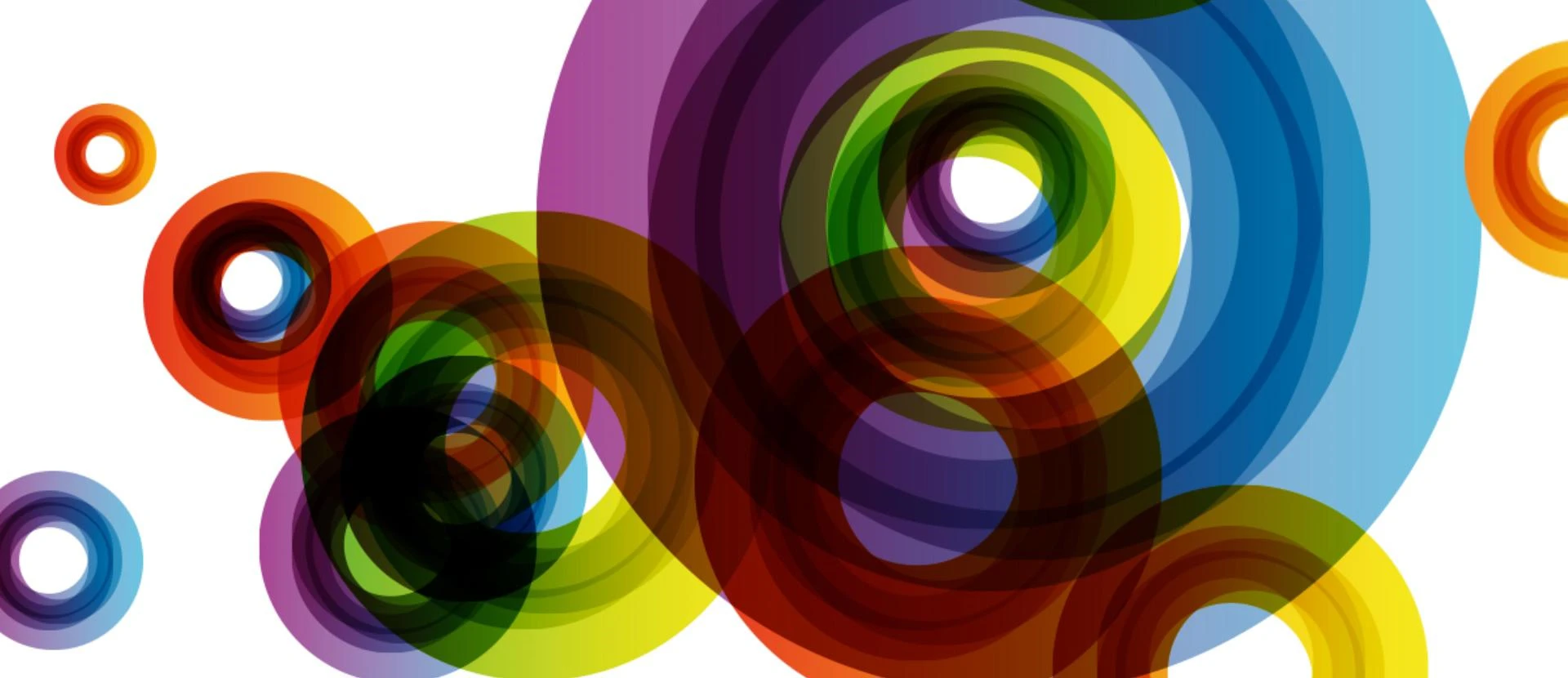The "Universe" Starring Man? The Impact of Scientific Revolutions on Humankind's View of Itself

Many people unreflectingly think that ‘Man’ plays a special role in the Universe. Although this view was endorsed by Aristotelian cosmology, revolutionary developments in science, particularly those associated with Copernicus and with Darwin, seem to have made it entirely untenable. So what does science teach us about our place in the Universe?
John Worrall joined LSE as an undergraduate in 1965, initially as a student of statistics. But, seduced by Karl Popper's lectures, soon switched to a course that was part statistics and mathematics and part philosophy. He came under the influence of Imre Lakatos - who tried to convert him to his own brand of 24 hour a day philosophy. He studied for a PhD under Lakatos - developing the latter's methodology of research programmes and testing it against a detailed case history from 19th century physics.
Worrall was appointed to a Department of Philosophy, Logic and Scientific Method lectureship at LSE in 1971, becoming Professor in 1998. Having for many years played the cricket of pure reason for the LSE Staff Cricket XI, his chief Departmental role is now as leader of its rock n roll band (The Critique of Pure Rhythm - name not his idea). Worrall's main intellectual interests are in theory-change in science - and its impact on the twin theses of scientific rationality and scientific realism. More recently he has developed a major interest in methodological and philosophical issues in medicine particularly concerned with clinical trials and the general issue of the warrant for causal claims in medicine.
He was for 10 years the editor of The British Journal for the Philosophy of Science, has held visiting fellowships at the Universities of Pittsburgh and of Otago, and has lectured around the world - in the USA, China, South America, Australia and New Zealand as well as Eastern and Western Europe. He is former President of the British Society for the Philosophy of Science.
Roman Frigg is Professor of Philosophy in the Department of Philosophy, Logic and Scientific Method, Director of the Centre for Philosophy of Natural and Social Science (CPNSS), and Co-Director of the Centre for the Analysis of Time Series (CATS) at LSE.
The Centre for Philosophy of Natural and Social Science (CPNSS), established in 1990, aims to promote research into philosophical, methodological and foundational questions arising in the natural and the social sciences, as well as their application to practical problems.
Suggested Twitter hashtag for this event: #LSELitFest
This event forms part of the , taking place from Monday 20 - Saturday 25 February 2017, with the theme "Revolutions".
Podcast
A podcast of this event is available to download from The "Universe" Starring Man? The Impact of Scientific Revolutions on Humankind's View of Itself
Podcasts and videos of many LSE events can be found at the LSE Public Lectures and Events: podcasts and videos channel.
Slides
A copy of Professor John Worrall's PowerPoint presentation can be downloaded: The "Universe" Starring Man? The Impact of Scientific Revolutions on Humankind's View of Itself (pdf)
LSE holds a wide range of events, covering many of the most controversial issues of the day, and speakers at our events may express views that cause offence. The views expressed by speakers at LSE events do not reflect the position or views of The London School of Economics and Political Science.
From time to time there are changes to event details so we strongly recommend that if you plan to attend this event you check back on this listing on the day of the event.
LSE holds a wide range of events, covering many of the most controversial issues of the day, and speakers at our events may express views that cause offence. The views expressed by speakers at LSE events do not reflect the position or views of the London School of Economics and Political Science.
